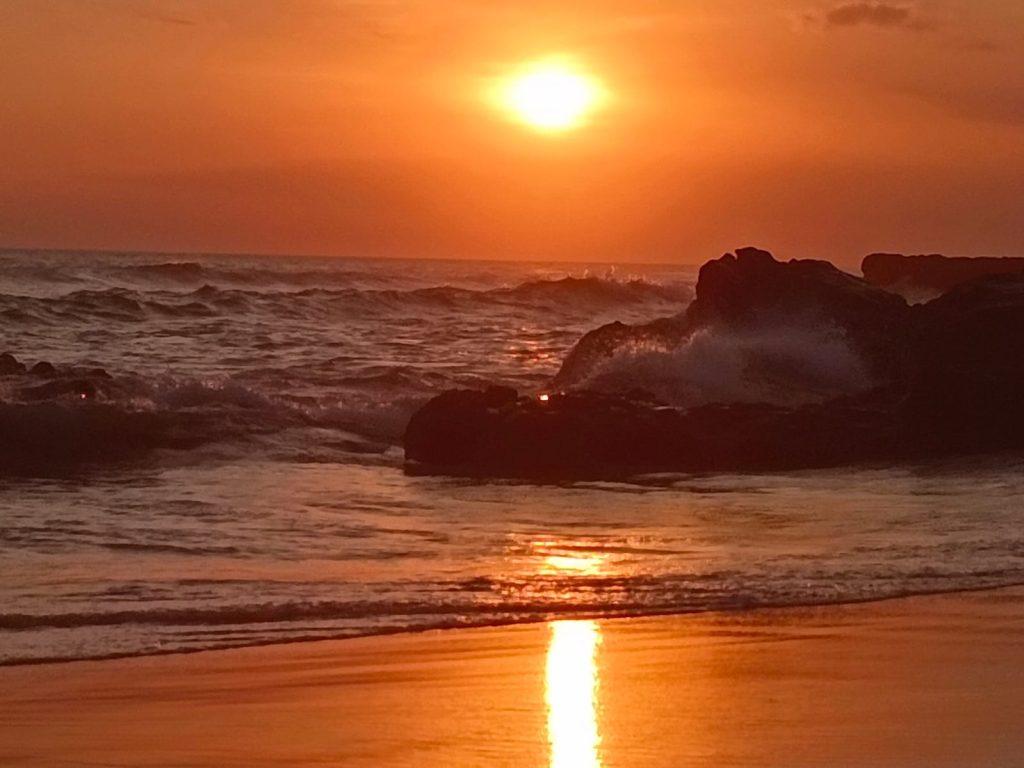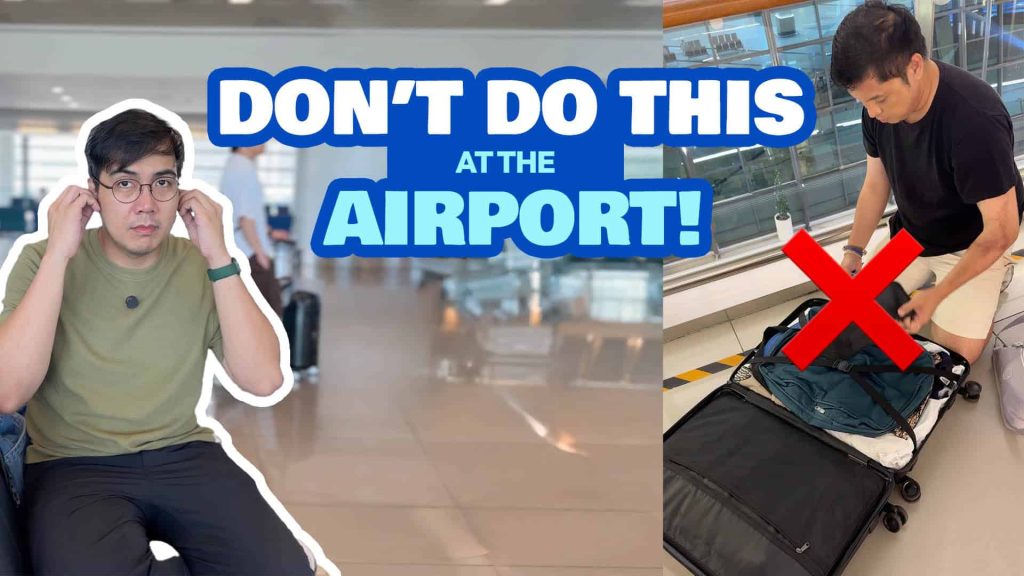Moving to Bali: A Comprehensive Guide
Understanding the Visa Requirements
The first step in your relocation process is to understand the visa requirements for moving to Bali. Bali offers various visa options depending on your purpose of stay. Let’s explore some of the common visa types:
Social/Cultural Visa
The Social/Cultural Visa (also known as the Social Visit Visa or B-211 Visa) is suitable for those who wish to stay in Bali for an extended period for social or cultural activities. This visa is valid for up to 60 days and can be extended up to four times, allowing a total stay of up to 180 days.
Retirement Visa
If you are 55 years or older and planning to retire in Bali, the Retirement Visa (also known as the Temporary Stay Permit for Retirement) might be an option. This visa allows you to live in Bali for up to one year, and it can be renewed annually.
Work Visa
If you have secured employment in Bali, you will need a Work Visa (also known as the KITAS or Temporary Stay Permit). This visa is typically sponsored by your employer and allows you to work legally in Bali.
Business Visa
The Business Visa (also known as the Multiple Entry Business Visa or B-211E Visa) is suitable for those who plan to engage in business activities in Bali. It allows multiple entries within a one-year period, with each stay limited to 60 days.
For more detailed information on visa requirements, specific eligibility criteria, and application procedures, it is advisable to visit the official website of the Indonesian immigration authorities or consult with the Indonesian embassy or consulate in your home country. The official website of the Ministry of Law and Human Rights of the Republic of Indonesia (https://www.imigrasi.go.id) provides up-to-date information on visa regulations and processes.
Navigating the Healthcare System
Maintaining good health and access to quality healthcare services are vital considerations when moving to a new country. In Bali, you can find a range of healthcare facilities, from public hospitals to private clinics. It is essential to familiarize yourself with the healthcare options available and consider obtaining health insurance to cover any medical expenses.
Public Healthcare
Bali has public hospitals and healthcare centers that provide medical services to both locals and foreigners. However, the quality of care and English proficiency of staff may vary.
Private Healthcare
Private hospitals and clinics in Bali offer higher-quality medical services and often have English-speaking doctors. These facilities cater to the needs of expatriates and tourists, providing a wider range of specialized services.
Health Insurance
It is highly recommended to have comprehensive health insurance that covers medical care in Bali. Research and choose an insurance plan that suits your needs and provides coverage for emergencies, hospitalizations, and routine check-ups.
Finding the Perfect Housing
Securing suitable accommodation is a crucial aspect of settling into your new life in Bali. Bali offers a diverse range of housing options, from apartments and villas to traditional Balinese-style houses. Factors to consider include location, budget, and proximity to essential amenities.
Rental Properties
Many expatriates choose to rent houses, villas, or apartments in Bali. Long-term rentals are readily available, and it’s recommended to visit the properties in person before making a decision. Websites and real estate agents can assist in finding rental properties that match your preferences.
Purchasing Property
If you are interested in owning property in Bali, it is essential to understand the regulations and restrictions for foreigners. Foreigners can acquire leasehold properties in Bali, subject to certain conditions. Consulting with a reputable local real estate agent and seeking legal advice is crucial when navigating the property buying process.
For more information on housing options and regulations, you can visit the official website of the Government of Bali (https://bali.bkpm.go.id).
Navigating Daily Life and Culture
Moving to a foreign country entails adapting to a new culture, customs, and way of life. Bali has a rich cultural heritage, and immersing yourself in the local culture can enhance your experience.
Balinese Culture
Balinese culture is deeply rooted in Hindu traditions and ceremonies. Embrace the local customs and traditions by participating in temple visits, attending cultural events, and respecting Balinese etiquette.
Learning the Language
While English is widely spoken in tourist areas, learning basic Indonesian phrases can help you communicate with locals and show respect for their culture. Consider taking language classes or using language-learning apps to improve your proficiency in Bahasa Indonesia.
Community Engagement
Engaging with the local community and expatriate networks can help you build connections, gain insights, and navigate daily life in Bali. Social clubs, volunteer organizations, and networking events provide opportunities to meet like-minded individuals.
Work and Stay Permits for Foreigners
For those seeking employment opportunities in Bali, understanding the work permit process is essential. The process involves several permits and reports that need to be arranged.
RPTKA (Foreign Worker Placement Plan)
The RPTKA is a corporate license obtained from the Ministry of Manpower. It outlines the number of foreign workers allowed in a company and the available job titles for them.
Notification (Work Permit)
Once the RPTKA is issued, the company applies for the notification, which serves as the work permit for each individual foreign worker employed by the company. It includes the foreigner’s name, job title, work location, and validity period.
eVisa (Electronic Visa)
The eVisa is obtained at the Directorate General of Immigration (DGI) and allows foreigners to enter Indonesia. It is issued in PDF format and eliminates the need for collecting a visa sticker at the Indonesian embassy abroad.
ITAS (Stay Permit) and MERP (Re-entry Permit)
Upon arrival in Indonesia, the foreign worker receives the ITAS and MERP at the immigration checkpoint. These permits are placed as stickers in the passport.
e-ITAS (Electronic Stay Permit)
After receiving the ITAS and MERP stickers, the foreign worker obtains the e-ITAS in PDF format from the local immigration office.
For detailed information on work permits and stay permits, it is recommended to visit the official website of the Indonesian Ministry of Manpower (https://kemnaker.go.id) and the Directorate General of Immigration (https://www.imigrasi.go.id).
Conclusion
Moving to Bali is an exhilarating adventure that offers a unique blend of natural beauty, cultural experiences, and a relaxed lifestyle. By understanding the visa requirements, healthcare options, housing considerations, and work permits, you can ensure a smooth transition and make the most of your new life on this enchanting island. Remember to plan ahead, be patient, and embrace the charm and warmth that Bali has to offer. Happy moving!
(Note: Visa and permit regulations may change over time, and it is essential to consult with the relevant authorities or seek professional advice to stay updated with the latest requirements.)








